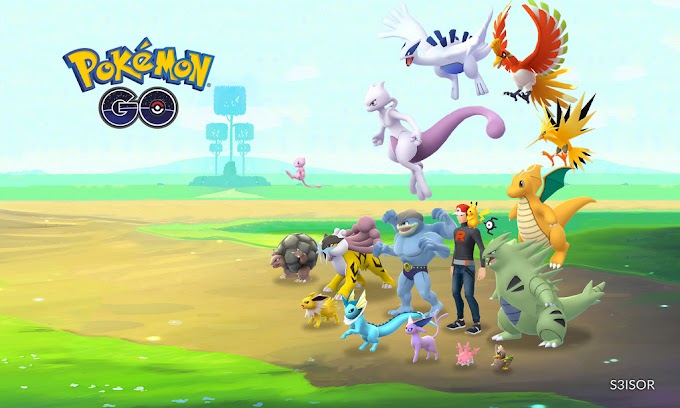About Gaming
If your want to learn about World Top Vue Smart Glass then click on the link and get more information about the vue smart glasses. Thank You.
A diversion is an organized type of play, for the most part embraced for happiness and once in a while utilized as an instructive tool.Games are unmistakable from work, which is normally done for compensation, and from workmanship, which is all the more regularly a declaration of stylish or ideological components. Be that as it may, the refinement isn't obvious, and numerous amusements are additionally viewed as work, (for example, proficient players of observer sports or diversions) or craftsmanship, (for example, jigsaw riddles or recreations including an imaginative design, for example, Mahjong, solitaire, or some computer games).
 |
Joystick Image |
Diversions are in some cases played only for stimulation, some of the time for accomplishment or reward also. They can be played alone, in groups, or on the web; by novices or by experts. The players may have a crowd of people of non-players, for example, when individuals are engaged by viewing a chess title. Then again, players in an amusement may comprise their very own crowd as they go ahead to play. Regularly, some portion of the amusement for youngsters playing a diversion is choosing who is a piece of their group of onlookers and who is a player.
Roger Caillois
fun: the movement is picked for its cheerful character
independent: it is surrounded in time and spot
represented by principles: the movement has decides that are not quite the same as regular day to day existence
imaginary: it is joined by the attention to an alternate reality
Ongoing interaction components and arrangement
Devices
Recreations are frequently arranged by the parts required to play them (for example miniatures, a ball, cards, a board and pieces, or a PC). In spots where the utilization of calfskin is settled, the ball has been a well known amusement piece all through written history, bringing about an overall ubiquity of ball games, for example, rugby, b-ball, soccer (football), cricket, tennis, and volleyball. Different devices are progressively peculiar to a specific area. Numerous nations in Europe, for example, have one of a kind standard decks of playing a game of cards. Different amusements, for example, chess might be followed fundamentally through the improvement and development of its diversion pieces.
Many diversion apparatuses are tokens, intended to speak to different things. A token might be a pawn on a board, play cash, or an immaterial thing, for example, a point scored.
Standards and points
Points are not only a 'unique' sort of principles: the distinction between the guidelines of a diversion and the points of an amusement is a key one. This can be seen by thinking about certain models. The point of chess is to checkmate, yet despite the fact that it is normal that players will attempt to checkmate one another, it's anything but a standard of chess that a player must checkmate the other player at whatever point he can (indeed, untalented players regularly neglect to accept the open door to do as such). Correspondingly, it's anything but a standard of football that a player must score an objective in the event that he shoots a punishment (it is just expected, and not required, that he will attempt).
On a general dimension, the refinement between the principles and the points of an amusement can be portrayed as pursues: a point distinguishes an adequate condition for effective activity, though the standard recognizes a fundamental condition for passable action.While meeting the points regularly requires a specific level of ability and (now and again) karma, following the guidelines of a diversion only requires information of the guidelines and some cautious endeavor to tail them; it once in a while (if at any point) requires karma or requesting aptitudes.
Single-player amusements
Most amusements require different players. Notwithstanding, single-player amusements are one of a kind in regard to the sort of difficulties a player faces. Not at all like a diversion with numerous players rivaling or against one another to achieve the amusement's objective, a one-player amusement is a fight exclusively against a component of nature (a fake adversary), against one's own abilities, against time, or against possibility.
Multiplayer diversions
 |
Multiplayer |
A multiplayer diversion is a round of a few players who might be free rivals or groups. Amusements with numerous autonomous players are hard to dissect formally utilizing diversion hypothesis as the players may shape and switch coalitionsThe term "amusement" in this setting may mean either a genuine diversion played for stimulation, or an aggressive action describable on a basic level by numerical amusement hypothesis.





















0 Comments